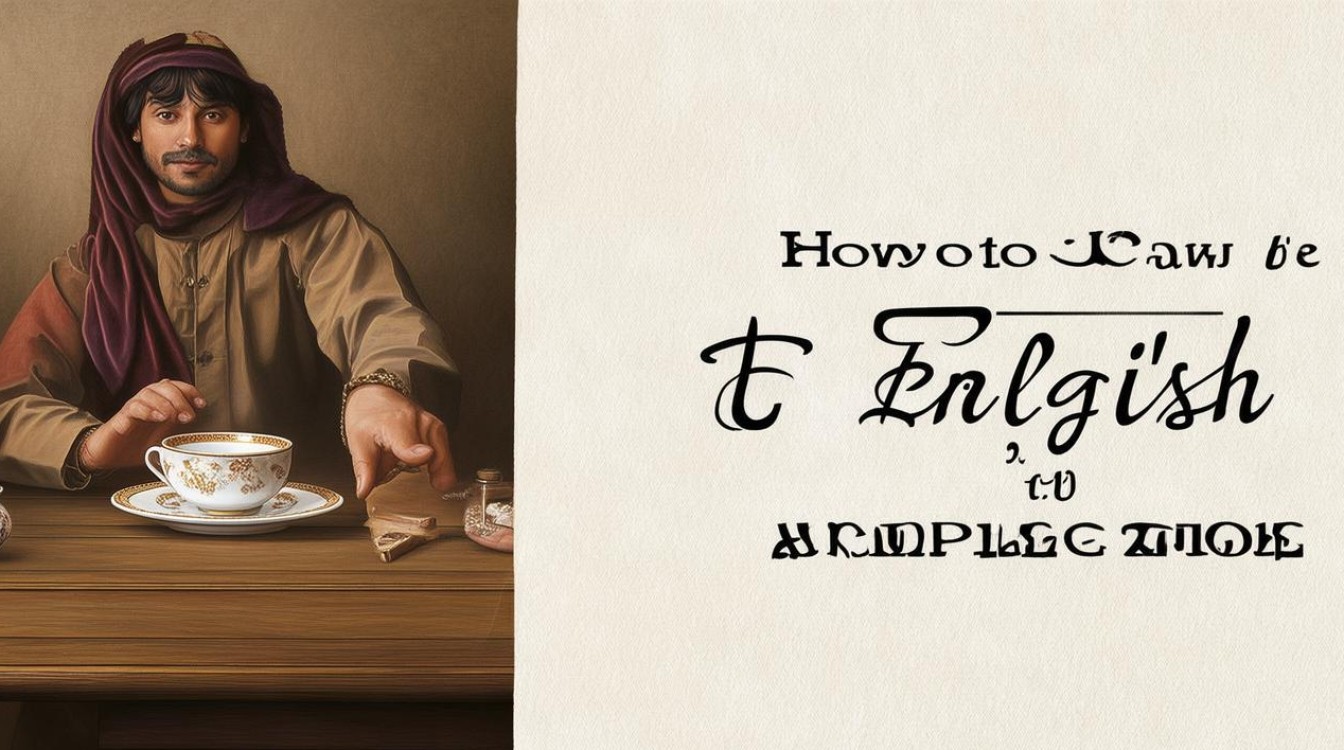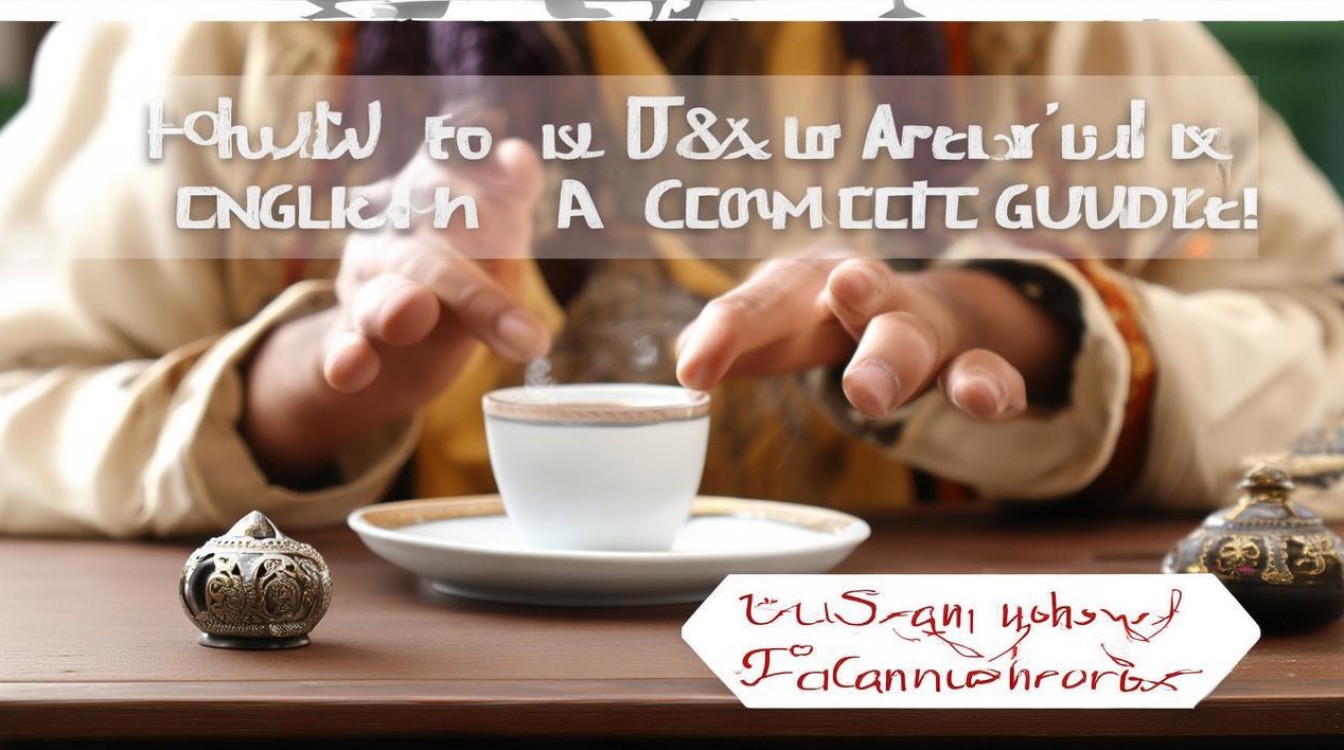Tea is one of the most popular beverages worldwide, enjoyed for its flavor, aroma, and health benefits. If you're learning English or simply curious about how to express the act of drinking tea in English, this guide will provide clear and practical answers.

The Basic Translation: "Drink Tea"
The simplest and most common way to say "喝茶" in English is "drink tea." This phrase is universally understood and fits most everyday situations. For example:
- "I drink tea every morning." (我每天早上喝茶。)
- "She prefers to drink tea without sugar." (她喜欢喝不加糖的茶。)
While "drink tea" is the standard translation, English offers several other expressions depending on context, formality, and regional dialects.
Variations and Nuances
-
"Have Tea"
In British English, "have tea" is frequently used and can refer to both drinking tea and the meal known as "afternoon tea." For example:- "Let’s have tea at 4 PM." (我们下午四点喝茶吧。)
- "They often have tea with biscuits." (他们经常喝茶配饼干。)
-
"Take Tea"
This phrase is more traditional and somewhat formal, often found in older literature or polite conversation. Example:"Would you like to take tea with us?" (您想和我们一起喝茶吗?)
-
"Enjoy Tea"
When emphasizing the pleasure of drinking tea, "enjoy tea" is a great choice. Example:
"I enjoy tea while reading a book." (我喜欢边看书边喝茶。)
-
"Sip Tea"
If you want to describe drinking tea slowly, "sip tea" is the perfect phrase. Example:"She sat by the window, sipping tea." (她坐在窗边,慢慢品茶。)
Regional and Cultural Differences
English varies across regions, and so do expressions related to tea.
- British English: "Cuppa" is a casual slang term for a cup of tea. Example: "Fancy a cuppa?" (想喝杯茶吗?)
- American English: "Iced tea" is widely popular, especially in the South. Example: "Do you want sweet or unsweetened iced tea?" (你要甜的还是无糖的冰茶?)
- Australian English: "Brew" can refer to making tea. Example: "I’ll brew some tea." (我来泡点茶。)
Tea-Related Vocabulary
To expand your knowledge, here are some useful English words and phrases related to tea:
- Tea leaves: 茶叶
- Teapot: 茶壶
- Teacup: 茶杯
- Herbal tea: 花草茶
- Black tea: 红茶
- Green tea: 绿茶
- Oolong tea: 乌龙茶
- Bubble tea: 珍珠奶茶
Common Mistakes to Avoid
- "Eat Tea" – Incorrect. Tea is a drink, so "drink tea" or "have tea" should be used instead.
- "Drink a Tea" – Unnatural. In English, we usually say "drink tea" (uncountable) unless referring to a specific cup ("a cup of tea").
Practical Examples in Conversations
To help you use these phrases naturally, here are some real-life examples:

-
Casual Setting:
- A: "What’s your favorite drink?"
- B: "I love to drink tea, especially green tea."
-
Formal Invitation:
"We would be delighted if you could join us for tea this afternoon."
-
Describing a Habit:
"He has tea at 3 PM every day without fail."
Why Knowing These Phrases Matters
Understanding how to say "喝茶" in English isn’t just about translation—it’s about effective communication. Whether traveling, working, or socializing, using the right terms helps you connect with others smoothly.

Tea culture is rich and diverse, and the way people talk about it reflects that. From formal occasions to everyday chats, the phrases you choose can make a difference in how natural and fluent you sound.
Final Thoughts
Next time you want to talk about drinking tea in English, remember:
- "Drink tea" is the standard phrase.
- "Have tea" is common in British English.
- "Sip tea" adds a touch of elegance.
Language is a gateway to culture, and mastering these small details enhances your fluency. Whether you’re a tea enthusiast or just learning English, these expressions will help you share your love for tea confidently.
Now, why not put this knowledge into practice? Brew a cup, relax, and enjoy your tea—in any language you prefer.


